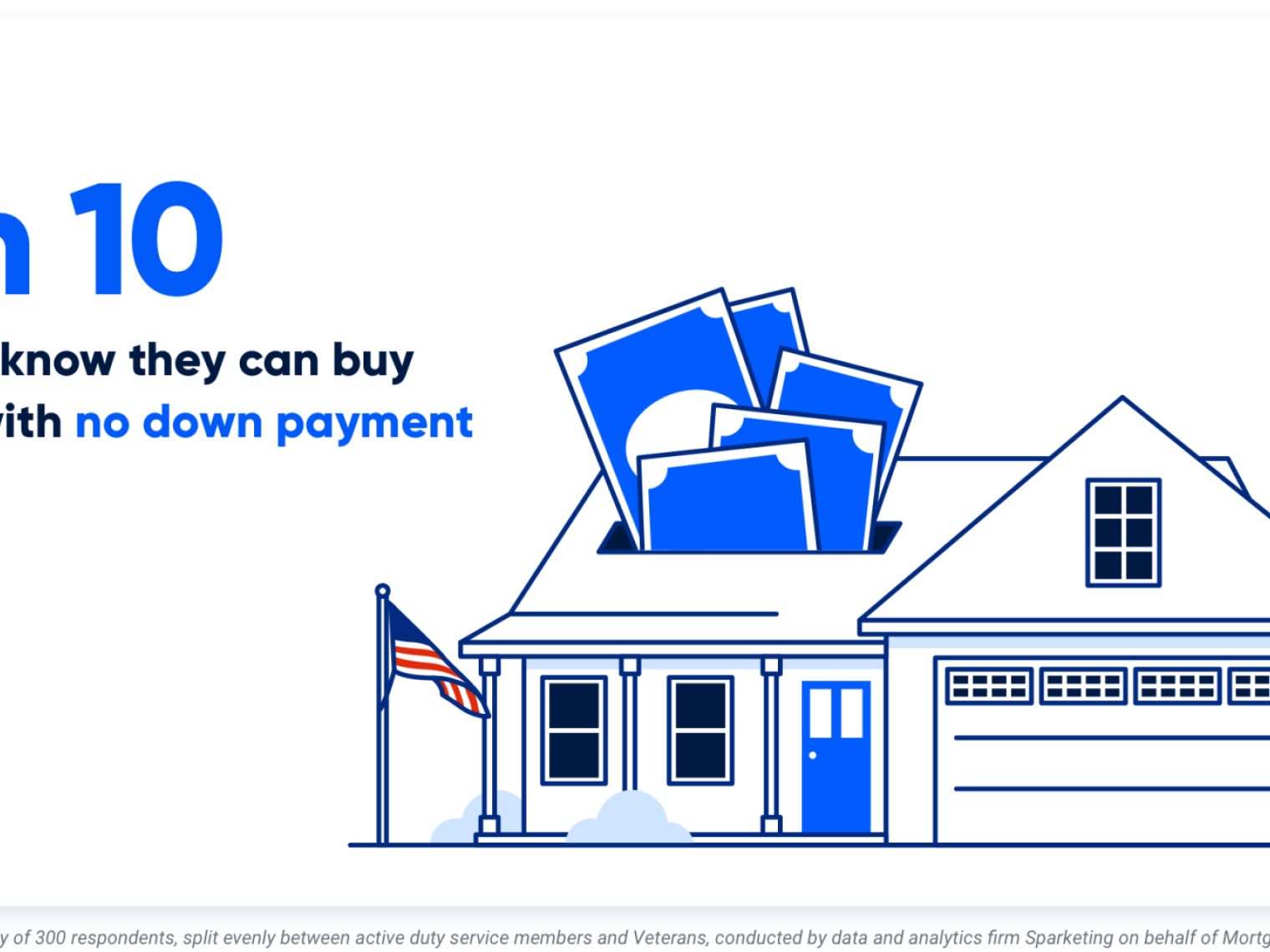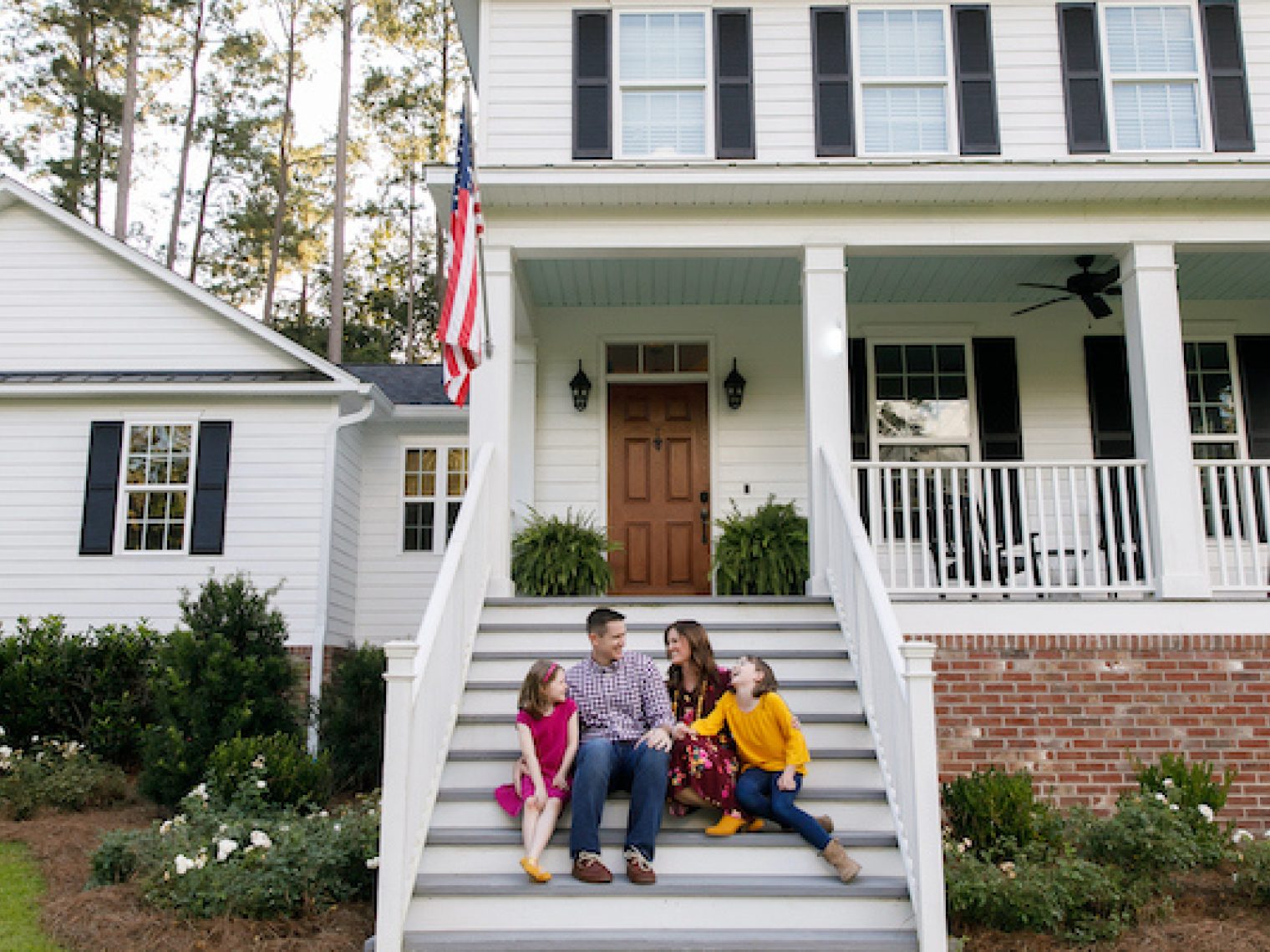When it comes to VA loans, the Department of Veterans Affairs (VA) has specific Minimum Property Requirements (MPRs) that a home must satisfy during the appraisal process.
One of these MPRs addresses the property’s sewage disposal system, which must be safe and sanitary to meet the VA’s standards. This includes specific criteria for properties using septic systems in place of public sewer connections.
VA Loan Septic Requirements
If the home you are interested in is connected to a septic tank instead of a public sewer system, it must satisfy certain VA requirements to ensure it is safe and sanitary for habitation.
These requirements include:
1. Septic Tank Condition
The septic tank must be in overall good condition. This means it should be free from significant cracks, leaks or structural issues that could lead to sewage leaks and environmental contamination.
2. Septic Tank Size
The septic tank must be adequately sized to accommodate the property's sewage needs. It should be appropriate for the size of the home and the number of occupants to ensure efficient waste disposal.
3. Leach Field Drainage
The leach field, where waste is distributed and treated, must have proper drainage. It should allow for effective absorption of the treated wastewater into the soil. Inadequate drainage can lead to septic system failures and contamination risks.
4. Leach Field Compaction
The leach field must not be compacted in any way. Soil compaction can reduce the absorption capacity of the leach field, leading to sewage backups and environmental issues.
5. Public Health Concerns
The septic system must not pose any threat to public health. This includes preventing the contamination of nearby water sources and ensuring that the system's operation doesn't endanger the health and safety of occupants or the community.
Septic Distance Requirements
Unlike VA requirements for private wells, there is no specific minimum distance requirement for septic systems from potential sources of pollution. Your VA appraiser is not obligated to measure or note the distance between your property's septic tank and other potential sources of pollution. Instead, the appraiser will focus on the overall condition and functionality of the septic system.
Does the VA Require a Septic Inspection for a VA Loan?
Your VA appraiser will perform an initial evaluation of the property's septic system during the mandatory VA appraisal process. If the appraiser has concerns about the septic system's condition, functionality or compliance with VA requirements, the VA may require a more comprehensive septic inspection by a licensed home inspector.
What if the Septic System Does Not Meet VA Requirements?
If the home's septic system fails to meet the VA's septic guidelines, your inspector will inform you of any necessary repairs or improvements. These repairs must be completed before you can proceed with the VA loan approval and close on the property.
You have several options when it comes to addressing these issues. You can negotiate with the seller to complete the required repairs before closing, pay for the repairs yourself or decide to abandon the property and continue your search for a home that meets the VA's septic requirements.
Ensuring that the septic system meets VA standards is not only essential for loan approval but also for your health, safety and the well-being of the surrounding community. If issues arise, you have options to address them and proceed with your VA loan application while ensuring a safe and sanitary living environment.
Related Posts
-
 VA Loan Down Payment RequirementsVA loans have no down payment requirements as long as the Veteran has full entitlement, but only 3-in-10 Veterans know they can buy a home loan with zero down payment. Here’s what Veterans need to know about VA loan down payment requirements.
VA Loan Down Payment RequirementsVA loans have no down payment requirements as long as the Veteran has full entitlement, but only 3-in-10 Veterans know they can buy a home loan with zero down payment. Here’s what Veterans need to know about VA loan down payment requirements. -
 5 Most Common VA Loan Myths BustedVA loan myths confuse and deter many VA loan borrowers. Here we debunk 5 of the most common VA loan myths so that you can borrow with confidence.
5 Most Common VA Loan Myths BustedVA loan myths confuse and deter many VA loan borrowers. Here we debunk 5 of the most common VA loan myths so that you can borrow with confidence.
